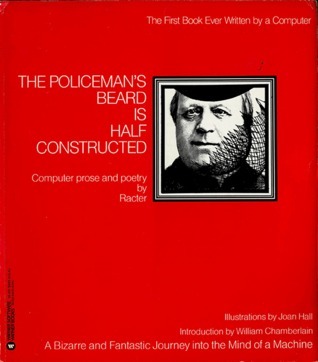What do you think?
Rate this book


120 pages, Paperback
First published January 1, 1983
I ate my leotard, that old leotard that was feverishly replenished by hoards of screaming commissioners. Is that thought understandable to you? Can you rise to its occasions? I wonder. Yet a leotard, a commissioner, a single hoard, all are understandable in their own fashion. In that concept lies the appalling truth.